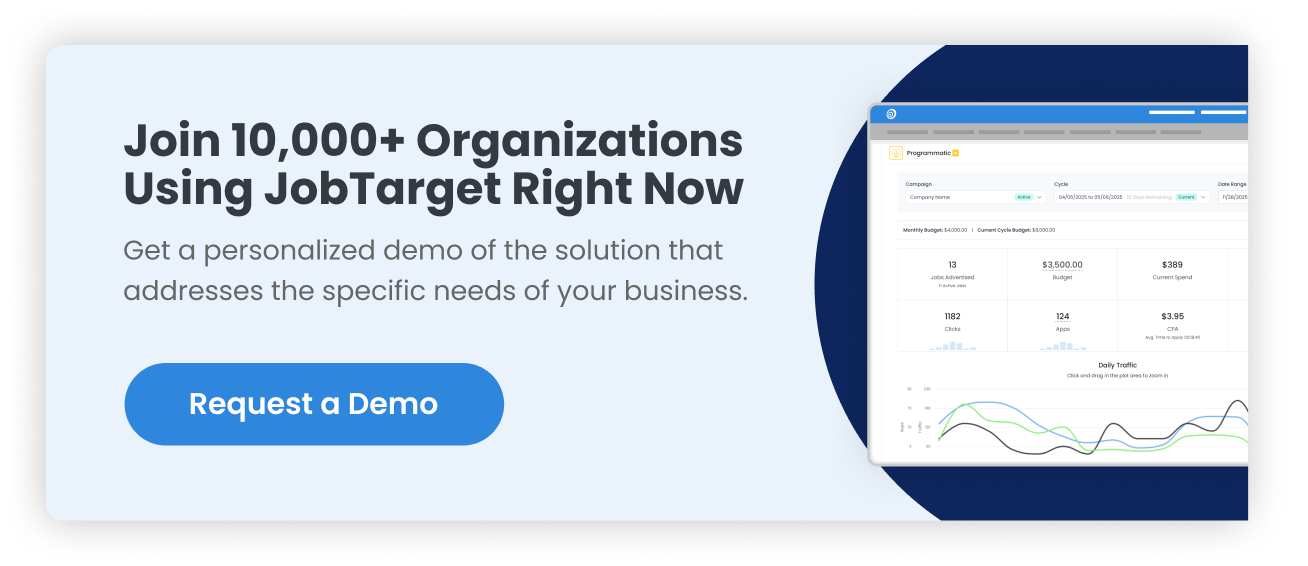Connecting with remote workers has never been more important than in recent years. The pandemic fundamentally shifted how companies hire. With remote workers embracing better productivity, fewer distractions, and a reduction in commuting time and costs, it’s important not to forget how to best support employee mental health.
Remote workers and company culture
The culture of a company is designed to bring people together through a unified mission, vision, and set of core values and embrace growth and well-being. In the case of remote workers, it can boost morale, reduces work-related exhaustion, and employees are less likely to leave the company.
However, it does become harder for these employees to shut down their devices for the day since remote work does allow for more flexible hours, which can lead to working longer. That’s why it’s important for senior leaders to analyze the current standards in company culture and adjust them appropriately for achieving a healthy remote environment.
Leaders set the tone of the company culture. Here are some tips to building a positive remote environment:
-
Define what drives your company culture
-
Model the important values for positive results
-
Consistent notifications of individual, team, and organizational milestones
-
Make learning development an initiative and provide opportunities for skill building
Just like any onsite or hybrid employee, those who work remotely want to have a connection or sense of belonging to the organization they work for.
How is remote work impacting employee mental health?
The mental health of employees combined with maintaining a positive work environment can be challenging with remote employees. Some of the issues that contribute to the declining mental health of a remote worker can be unclear job expectations, lack of social support, not enough workplace communication, or working too many hours. These difficulties can lead to depression, isolation, loneliness, and stress associated with time-management.
In a 2021 study, the American Psychiatric Association found that the majority of respondents who were working from home reported various combinations of these issues.
How can companies provide a healthy remote work experience?
But there is good news. The same APA study found that many employers are becoming more accommodating to employee mental health. It’s important for organizations to adapt to the changing workforce landscape. Some ways to do so include:
-
Encouraging PTO use. This has been a hot topic over the past 2 years, with employees reporting not using their time off for various reasons. Employers can encourage time off to ensure employees have time to recoup.
-
Maintain flexibility with schedules. Whether it’s for doctor visits, childcare needs, or an employee’s most productive times of the day, flexibility has become a highly desirable benefit.
-
Provide healthcare that includes mental health services. During the pandemic, this became especially important, but it will remain a highly valuable offering.
The pandemic brought major shifts to how we work and what employees find valuable. It also highlighted the need for more consideration when it comes to employee mental health. By keeping this in mind when hiring and managing a workforce, organizations can maintain a healthy balance both in-office and for remote staff.


.png)





